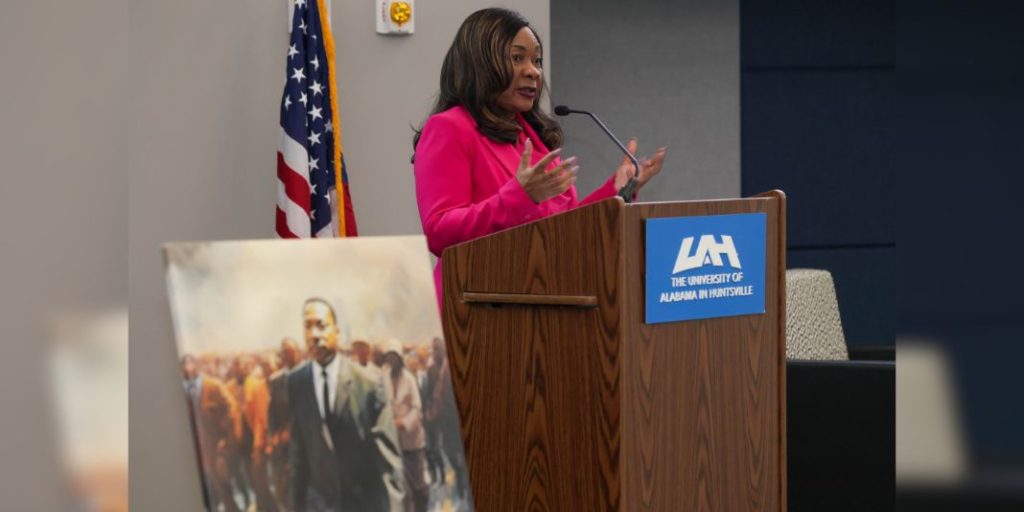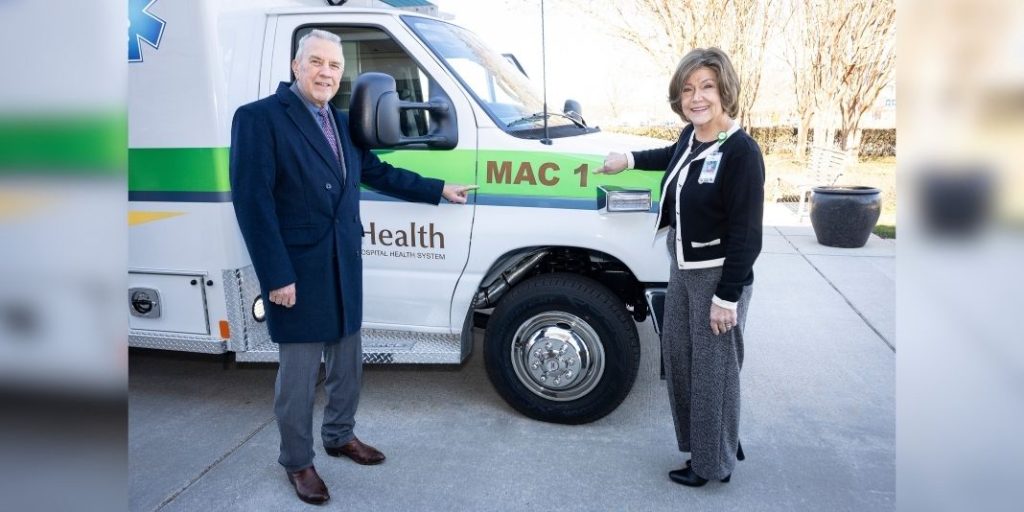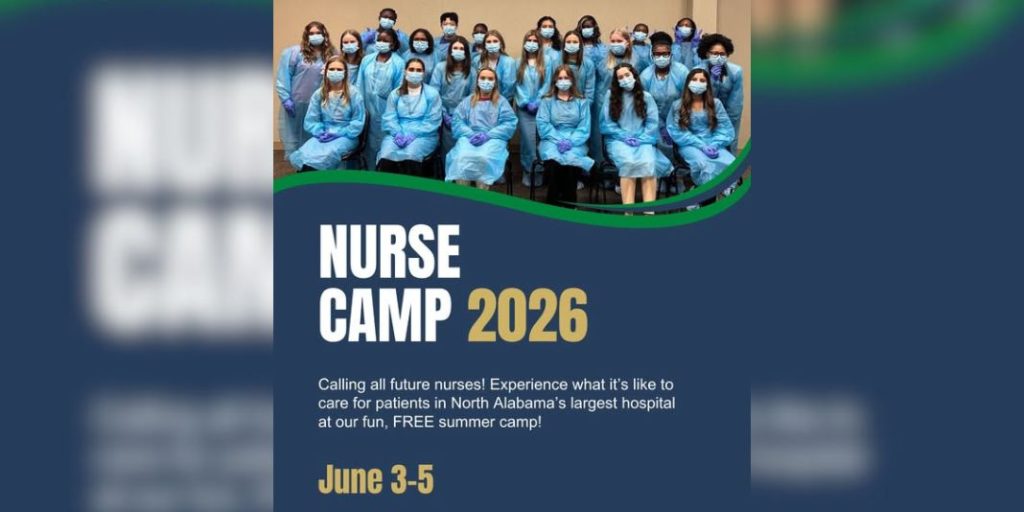MONTGOMERY – The Alabama Department of Public Health (ADPH) has confirmed the state’s first case of measles since 2002. Officials say the case was identified in a North Alabama child under the age of 5 who was unvaccinated and contracted the virus while traveling outside the United States.
The child did not attend daycare or school, according to ADPH, and entities involved in the child’s management and treatment have been notified. The child’s siblings are vaccinated and have shown no symptoms of measles.
ADPH Chief Medical Officer Dr. Karen Landers urged parents to ensure their children are up to date on their measles vaccinations, noting how contagious the disease can be.
“If exposed, unvaccinated people have a 90 percent chance of becoming infected, and infected people can spread the disease several days before becoming symptomatic,” Landers said.
Measles is a serious viral respiratory illness that lives in the nose and throat mucus of infected people. It spreads when people breathe in or come into contact with virus-infected fluid and can be transmitted through droplets sprayed into the air when someone with measles sneezes or coughs. Symptoms usually appear 7 to 14 days later.
“Measles follows a pattern in which the child first develops fever, cough, runny nose, and watery/red eyes, then a rash develops,” Landers explained. “Persons can start spreading the virus up to four days before symptoms appear, and those with weak immune systems can spread the measles virus longer.”
While no specific antiviral treatment is available, parents can manage symptoms by ensuring their child gets rest, fluids, and non-aspirin fever medicine such as acetaminophen or ibuprofen. In some cases, measles can cause complications such as ear infections, pneumonia, or encephalitis.
For most children, protection comes from the measles-mumps-rubella vaccine (MMR), or measles-mumps-rubella-varicella vaccine, given at 12 to 15 months and again at 4 to 6 years of age. The first dose can be given as early as 6 months for babies traveling internationally or during an outbreak. The MMR vaccine is about 99 percent effective in preventing measles after two doses.
Vaccines are available through pediatricians’ offices and county health departments. ADPH emphasizes that getting vaccinated is much safer than contracting the disease.
Parents should call a doctor immediately if they believe their child has measles or has been exposed to someone with the illness—particularly if the child is an infant, is immunocompromised, or has not received both doses of the measles vaccine.
More information is available at alabamapublichealth.gov/immunization/measles.











